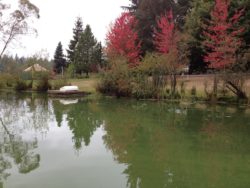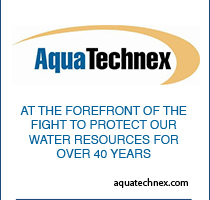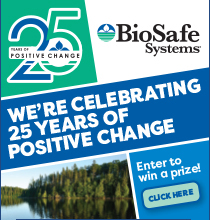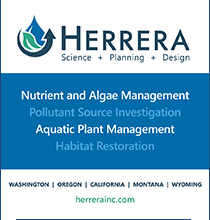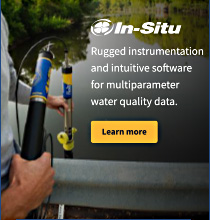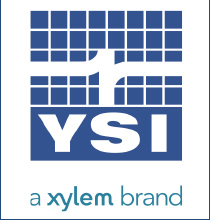Joan Hardy and Avery Shinneman
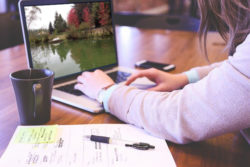 The keynote panel at the 2019 WALPA annual conference talked a great deal about mentoring and providing experiences that develop the next generation of environmental scientists. In an effort to connect students with mentors and engage with the larger community, the non-profit group Lake Advocates (LA) and the University of Washington-Bothell (UWB) received a small grant from King County WaterWorks program for students in two degree programs (Earth System Science – Bachelor of Science and Media/Communication Studies – Bachelor of Arts) to develop short outreach videos. The videos will highlight key problems and best practices in six areas of concern: water quality, harmful algal blooms, fisheries, in-lake management, invasive species, and shoreline development. By using short clips and multiple language translations, the partnership hopes to increase public engagement on areas of concern in small lakes. The grant structure relies on a UWB Limnology class, taught by Avery Shinneman, to generate technical information for a UWB media production class, taught by Minda Martin, that would then film narrated video material. Both classes were scheduled to meet with and interview local professionals across the subject areas to generate content and provide opportunities to connect students with professional networks.
The keynote panel at the 2019 WALPA annual conference talked a great deal about mentoring and providing experiences that develop the next generation of environmental scientists. In an effort to connect students with mentors and engage with the larger community, the non-profit group Lake Advocates (LA) and the University of Washington-Bothell (UWB) received a small grant from King County WaterWorks program for students in two degree programs (Earth System Science – Bachelor of Science and Media/Communication Studies – Bachelor of Arts) to develop short outreach videos. The videos will highlight key problems and best practices in six areas of concern: water quality, harmful algal blooms, fisheries, in-lake management, invasive species, and shoreline development. By using short clips and multiple language translations, the partnership hopes to increase public engagement on areas of concern in small lakes. The grant structure relies on a UWB Limnology class, taught by Avery Shinneman, to generate technical information for a UWB media production class, taught by Minda Martin, that would then film narrated video material. Both classes were scheduled to meet with and interview local professionals across the subject areas to generate content and provide opportunities to connect students with professional networks.
But what do community and collaboration look like when we all have to stay home? A huge roadblock to the collaboration developed when in-person classes at University of Washington were cancelled due to concerns about COVID-19. Luckily, the limnology class is underway with online classes, but the film class was postponed to a future quarter. Nevertheless, LA members developed technical materials to help limnology students start research on the water quality issues listed above, and Dr. Shinneman shifted class efforts from work on films to creating static infographics. The move to online classes has changed our means of community engagement, but through video chats, phone interviews, and online discussion boards, students have been able to connect with LA partners as well as King and Snohomish County staff. Students are engaged with the project and excited to have their online work so clearly connected to the real world at a time when such connections feel few and far between. We hope to share the infographic and videos through Waterline and WALPA when they are complete!

